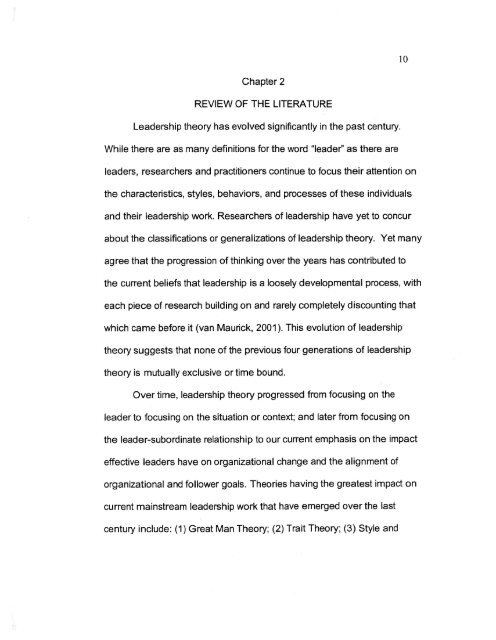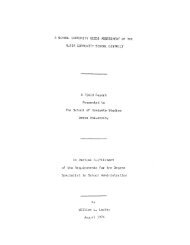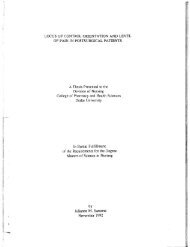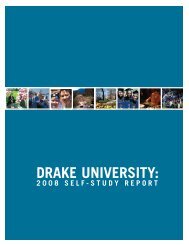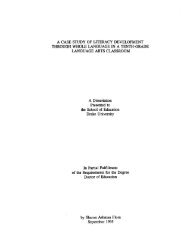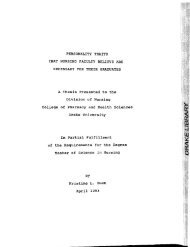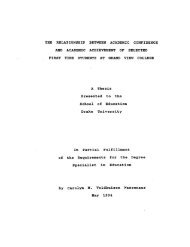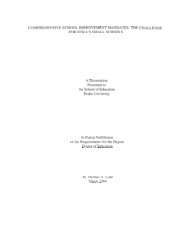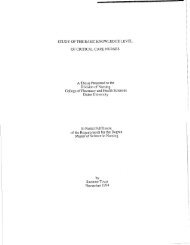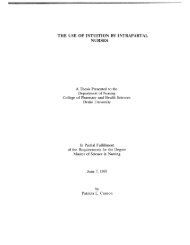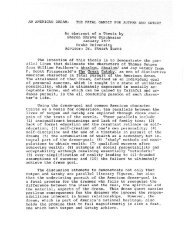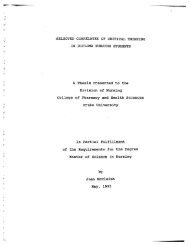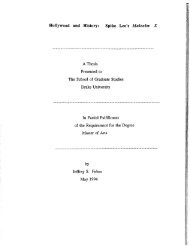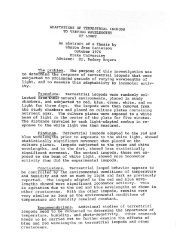LEADERSHIP CHARACTERISTICS OF ... - Drake University
LEADERSHIP CHARACTERISTICS OF ... - Drake University
LEADERSHIP CHARACTERISTICS OF ... - Drake University
Create successful ePaper yourself
Turn your PDF publications into a flip-book with our unique Google optimized e-Paper software.
Chapter 2<br />
REVIEW <strong>OF</strong> THE LITERATURE<br />
Leadership theory has evolved significantly in the past century.<br />
While there are as many definitions for the word "leader" as there are<br />
leaders, researchers and practitioners continue to focus their attention on<br />
the characteristics, styles, behaviors, and processes of these individuals<br />
and their leadership work. Researchers of leadership have yet to concur<br />
about the classifications or generalizations of leadership theory. Yet many<br />
agree that the progression of thinking over the years has contributed to<br />
the current beliefs that leadership is a loosely developmental process, with<br />
each piece of research building on and rarely completely discounting that<br />
which came before it (van Maurick, 2001). This evolution of leadership<br />
theory suggests that none of the previous four generations of leadership<br />
theory is mutually exclusive or time bound.<br />
Over time, leadership theory progressed from focusing on the<br />
leader to focusing on the situation or context; and later from focusing on<br />
the leader-subordinate relationship to our current emphasis on the impact<br />
effective leaders have on organizational change and the alignment of<br />
organizational and follower goals. Theories having the greatest impact on<br />
current mainstream leadership work that have emerged over the last<br />
century include: (1) Great Man Theory; (2) Trait Theory; (3) Style and


